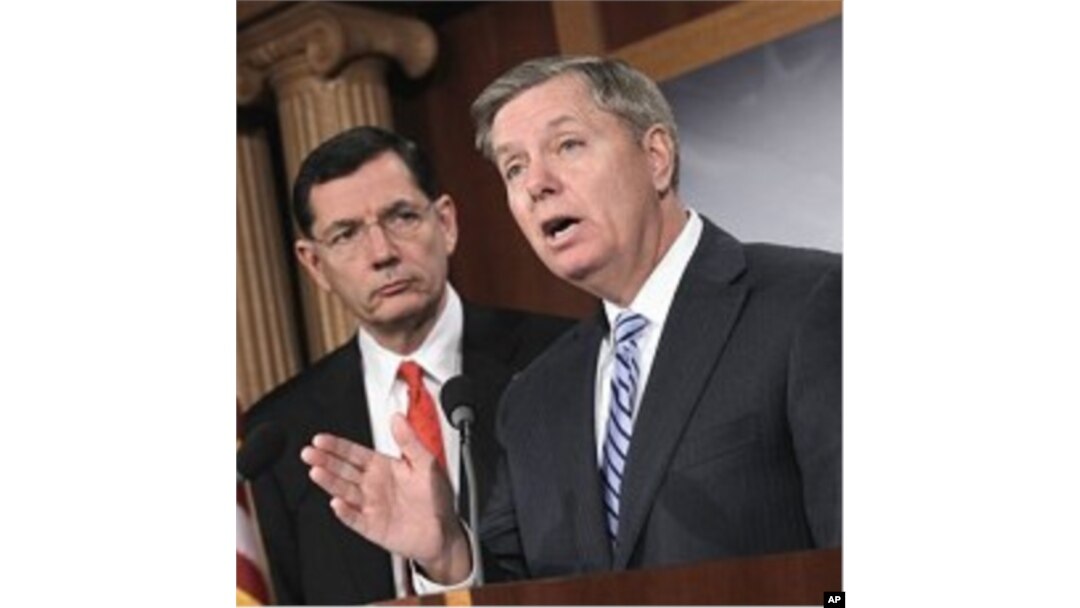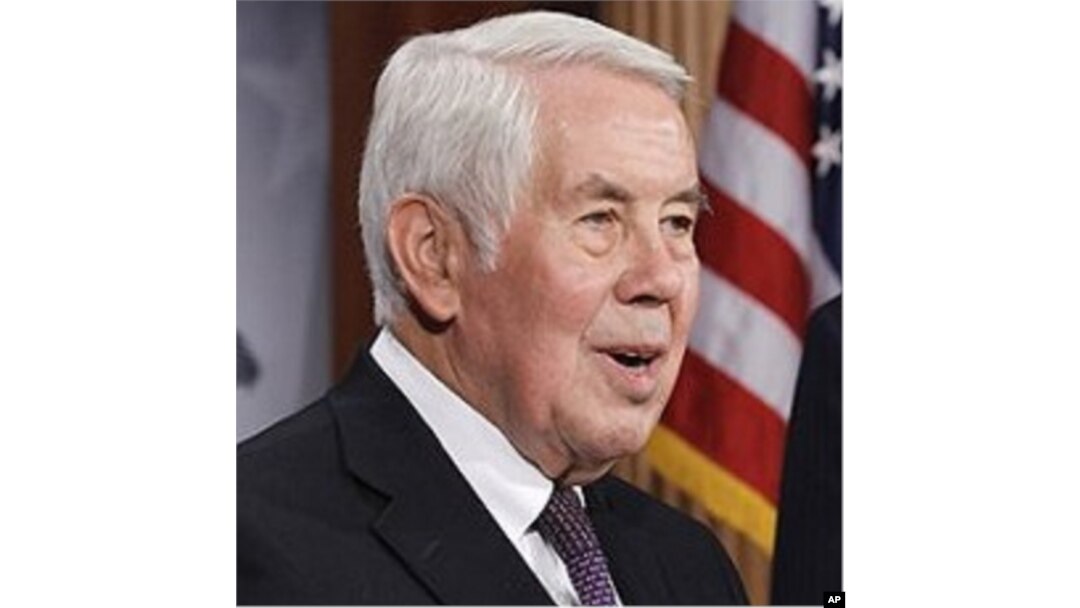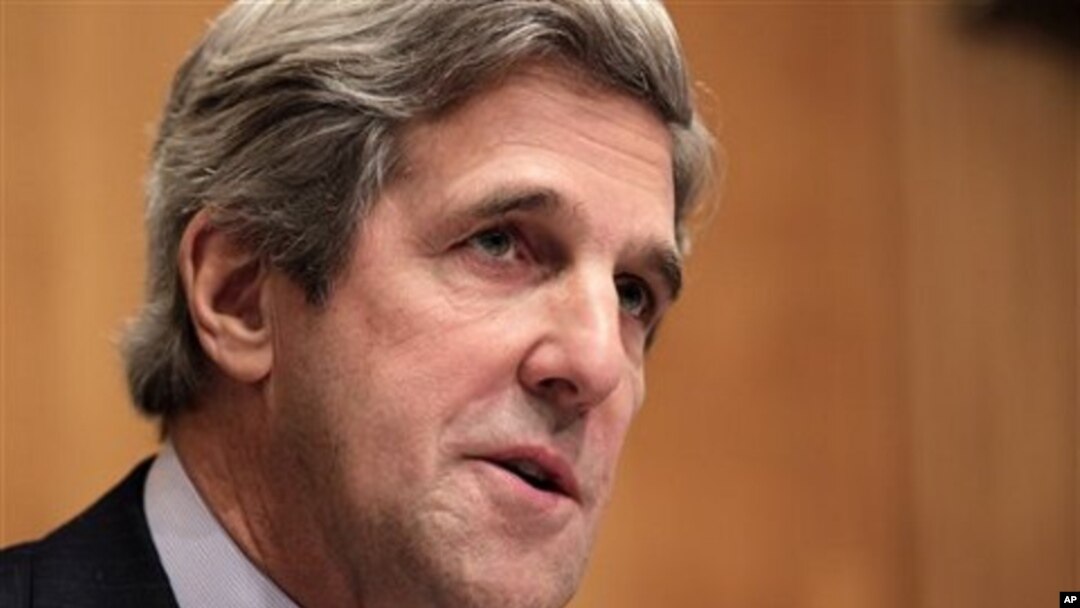Even before Egyptian President Hosni Mubarak's announcement that he will not seek reelection, U.S. senators were speaking of his departure from power as a given. Senators from both major political parties said Tuesday that U.S. aid to Egypt has been money well spent, and showed no inclination to alter or cut off that aid - at least for now.
Hours beforeMr. Mubarak's statement, the chairman of the Senate Foreign Relations Committee, John Kerry, said Egyptians have "moved beyond" their president. The Massachusetts Democrat said that declining to run for reelection should be but a first step for the Egyptian leader.
"To go even further - to move to put together a caretaker government over these next months in order to avoid violence and help transition Egypt to the future that its people want and deserve," he said.

Sen. Lindsey Graham, R-S.C., right, and Sen. John Barrasso, R-Wyo. take part in a news conference,on Capitol Hill in Washington, February 02, 2011.
Republican Senator Lindsey Graham of South Carolina echoed the call for a caretaker government, and urged continued U.S. engagement with Egypt."I think it would be wise for us [i.e., the United States] to be on the ground floor of helping this transition, rather than having a totally hands-off policy," he said.
The Obama administration has applauded calls for change in Egypt, but says Egyptians must decide their country’s future. For decades, Egypt has been one of the biggest recipients of U.S. foreign aid, totaling more than $1.5 billion a year during the past decade.
Connecticut Independent Senator Joseph Lieberman says it is money well spent.
"It did support a government which, over the years, has been very instrumental in maintaining stability in the Middle East," said Lieberman. "The second thing is, a lot of the money goes to the Egyptian military. And I think even in this moment of crisis, we see that the military is playing a critically important role in unifying the country."
Lieberman says now is not the time to threaten Egyptians or their military with a cut-off of U.S. aid.

Senate Foreign Relations Committee's ranking Republican, Sen. Richard Lugar (File Photo).
Indiana Senator Richard Lugar, the ranking Republican on the Senate Foreign Relations Committee, agrees."I think it would be inappropriate to be having that discussion while the Egyptians themselves are attempting to formulate appropriate governance," said Lugar.
Fellow Republican Senator Susan Collins of Maine also says U.S. aid to Egypt has been constructive for both nations and the Middle East as a whole. But she hesitates when asked whether she would guarantee future American assistance to Egypt.
"I think it is premature to make that conclusion," said Collins. "For example, if somehow the Muslim Brotherhood gained control of the country, then clearly we would not be giving any aid to Egypt."
Founded in the 1920s to resist British control of Egypt, the Muslim Brotherhood is a transnational Islamist political movement currently banned in the country.
Senator Lieberman says he does not assume that a new Egyptian leadership would be hostile to the United States or Israel. But he adds that President Mubarak can help assure the best possible outcome.
"He is a patriot, a nationalist," said Lieberman. "And one of the great tests of a leader is how you end your time of leadership and transfer power to somebody else, hopefully in a way that is even better for the country. And the people of Egypt are obviously asking for change."
U.S. senators are publicly backing that change and generally appear cautiously optimistic about what that change could bring.


